Users Who Spiked
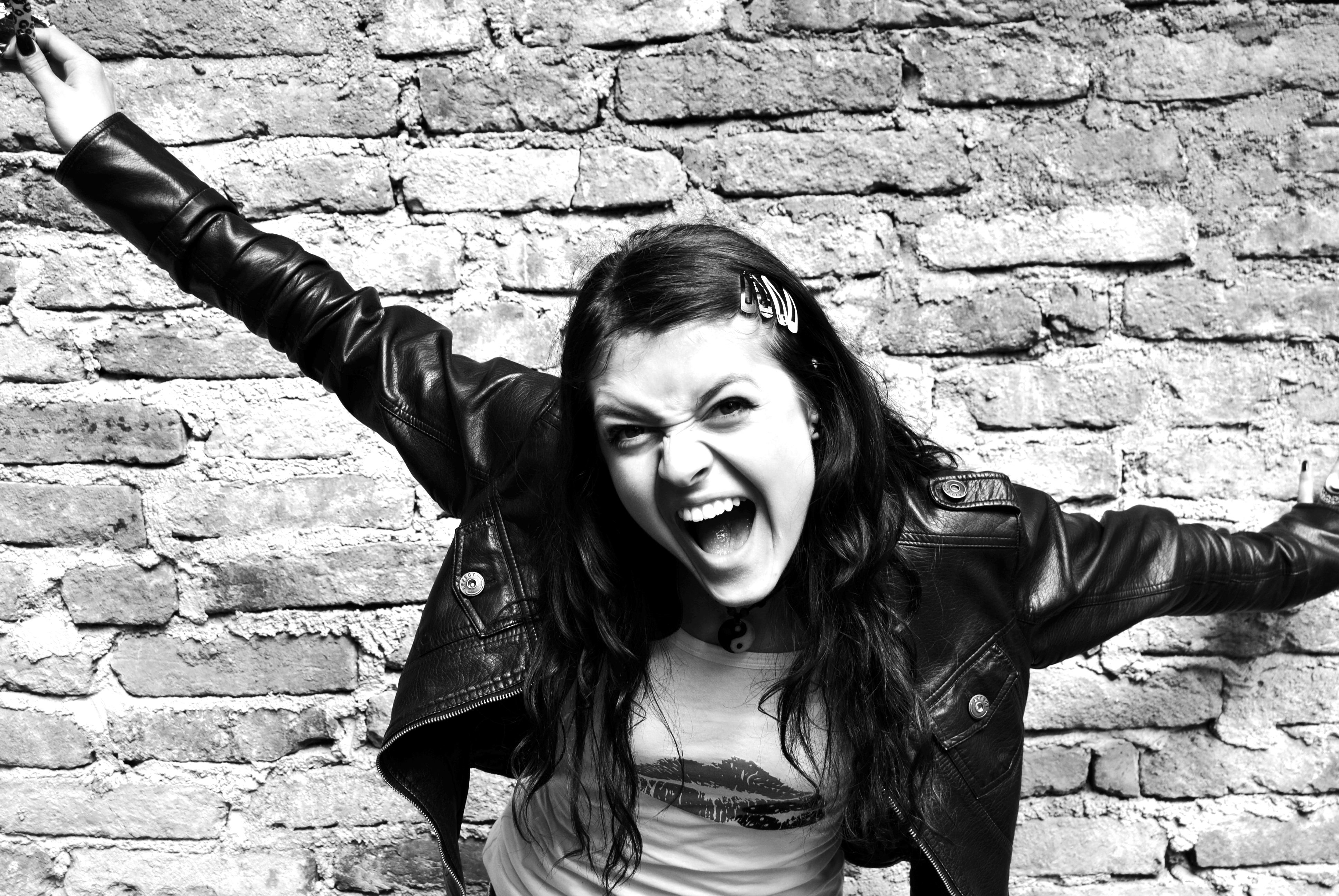
WHY WEIRD IS WONDERFUL
Private Notes
Private Notes
Notes
Up until about fifth grade, I thought I had a pretty good handle on socializing with my peers. While my 10-year-old self wouldn't have phrased it exactly that way, I felt no sense of being ridiculed or marginalized. I had friends who came roller skating for my birthday. I wasn't afraid to raise my hand in class. I didn't feel any pressure to dress a certain way or feel bad about my parents' income. In fact, the only inkling I remember having that I wasn't as acceptable as other girls in the eyes of society was memorizing all of the lines for the part I wanted in the school play only to be usurped by the "pretty girl" who didn't know any of them. And I remember feeling less than sympathetic when the same girl got sick from using too much hair spray (hey, it was the 80's).
My place in the world shifted dramatically and irreversibly sometime during second semester. For reasons I never quite understood, I was suddenly and decidedly unpopular. All but a few friends deserted me, a girl came to my house to beat me up, and my thrift store wardrobe made me self-conscious. It was my first taste of the horrors middle school was about to inflict. The three following years can only be described as Hell on Earth. At least, that's how it felt at the time. It's a good bet that the insecurities and need to mentally defend myself, even in the face of imaginary antagonism, I have today were learned from my peers in middle school. I wasn't only subject to verbal abuse. I was egged from a passing car and the boys in class shot twisted rubber bands into my hair. I learned to be quiet, keep to myself, and practically disappear.
Of course, I wasn't the only kid ever to have felt this way. I thank my lucky stars that this all took place before smartphones and social media. But, like most kids before and since, I developed my own defense mechanisms. My particular method of dealing with the situation was to embrace the outcast I had become. If they thought I was a weirdo, I'd show them how a weirdo acts. The hues of my wardrobe became shades as I began to mimic the kind of fashion found on the backs of Robert Smith and Siouxsie Sioux. If my hair hadn't already been so dark, I'd probably have dyed it that way. One characteristic my new persona did not take on "was trouble with authority." My grades remained positive and I had no suspensions, truancies, or detentions to mar my academic record. I wasn't the kind of kid to get involved with crime either. I was never in trouble with the law.
So where do the outcast but still well-behaved kids end up? With the rest of the nerds, naturally. The only club I joined in high school was the role-playing game club. I made friends with band kids and drama club kids though, because we all fit the same category in different ways. By the time senior year rolled around, I had ceased to give much credit to what the "popular" kids said and did. I was glad I didn't end up a cheerleader or a prom queen. I didn't even go to prom and I've never regretted it. You won't see me at any class reunions either.
Maybe it's the perspective of an outcast, but the more I grew, the more I came to understand the value of diversity. And if it took being an outcast to give me that perspective, I wouldn't trade it for an easy life. I came to my appreciation of "strangeness" not only from a "normal is boring" point of view, but from a scientific one as well. As I studied and learned more about biology in college, I realized that not only is "weird" wonderful, it's necessary to life. Without diversity, nothing can thrive. That's why, if humans were all exactly the same, we wouldn't make much progress.
Take the example of genetics. We all have many genes; some from our mothers and some from our fathers. Not all of the genes we have get "expressed" either. That means you could carry the genes for blue eyes and the genes for brown eyes at the same time. While your actual eye color is brown, you could still pass blue eyes down to your kids. So you've got this pile of genetic code and if and when you reproduce, your partner combines their heap of genetics with yours. When the child is conceived, they get a random assortment from each of you - half and half. One of the many reasons incest is universally taboo is because you don't have a wide enough diversity of genes to make a healthy individual. Just look at what happens with dogs. Purebred dogs don't have a great genetic mix and are prone to an array of health problems. Mixed breed dogs are almost always healthier animals because they haven't got as much gene repetition.
Diversity is valuable not just in dogs; plants need it too. The same genetic examples above apply to plants, but this time I'm thinking of variety in species. And when I say plants, I'm thinking specifically of crops. If you haven't already heard about the evils of the "Big Ag" corporation Monsanto and the efforts to stop them, it's an important issue to be aware of. I won't get into all of that here, but one essential criticism about the way the company does business is the dangers of monocropping. Monsanto is copywriting the genetic code of their plants and forcing farmers to plant their branded seeds. Regardless of the ethical concerns of this practice, the result is fields and fields of crops with the same genetic code. So what though; corn is corn is corn, right? Sure, it's all fine and dandy until disease comes along.
If those acres of genetically identical corn become infected or infested by pests or pestilence, the whole crop will be destroyed. That thing that renders the corn inedible is going to render the entire lot of it inedible because it's going to affect all of the plants the same way. If instead, you have a healthy mixture of genetics, some of the plants will naturally be more resistant to insects and fungi than others. So some of your corn might survive, which is good news if that corn represents a big part of your diet. Farmers are now encouraged to plant a more traditional mixture of crops as an alternative to monocropping. The well-known "three sisters" garden is a great example. Corn, beans, and squash are grown together for healthier cooperation between plants (https://www.nativeseeds.org/blogs/blog-news/how-to-grow-a-three-sisters-garden).
It's variation that drives evolution as well. Evolution happens because of mutation. Evolution doesn't happen without reproduction. For example, let's pretend we're fish. As fish, we have one job: make more fish. But, for us to mate and have babies, we need to survive. To survive, we need to do two things: eat and avoid being eaten. If there's plenty of food and not many predators, there isn't a driving need to adapt. However, if our food suddenly becomes scarce or a new predator enters our pond, we fish have to try harder. The fish that are better at finding food will stand a better chance of survival. Likewise, those of us fish who can avoid the new predator will live to see another day. Now, the predator hunting us has pretty good eyesight but can be fooled. If we are green fish, we can swim to a patch of weeds and blend in. If we don't move around too much, it'll swim by and we won't get eaten. But those blue fish? They're in trouble. Before long, there aren't any more blue fish to make more blue babies. So, after several generations, our fish population will be mostly green.
That is, of course, an oversimplification of the process of natural selection. It happens at different rates for different species. Sometimes, change comes too fast, and there's no time to adapt. The point is, given the opportunity to adapt, those that have an advantage will survive to pass on their traits. If all of the fish are the same, no fish will have an advantage. To anthropomorphize a bit: the green fish may have stood out in a group of its blue peers, but when it came time to hide, the green fish was the best. What made it different also helped it survive.
If I've lost you with all of this biology-speak, think about the financial world instead. Investment consultants almost always advise "diversifying your portfolio." That means sinking all of your hard-earned cash into buying stock in one company could lead to disaster. It's a "don't put all your eggs in one basket" scenario. The latest tech company in taking off with their innovative new product. It's a pretty good bet they'll sell loads of it and the value of their stock will rise. If you get in on the ground floor, you're likely to make a whole lot of money. So, it can be tempting to use your resources to get as much stock in the new tech company as possible. The problem is, the market is unpredictable. It may look good now, but what if, after the new product has been out for a few months, a problem with the battery is discovered. The battery explodes and hurts people. Now, that product has gotten a reputation for being dangerous and people stop buying it. The stock price plummets, and what once looked like a solid investment now looks like bankruptcy.
I'm not qualified to offer investment advice, but if I had money to invest in the stock market, I'd use a different approach. To diversify, I'd put some of my money into the new tech company, some of it into their competitors, and some of it into their suppliers. I would check with my stock broker to see if there's a package of related tech investments I could pick up. This way, when that new product starts bursting into flames, my portfolio won't go up with it. Once again, variation is the key to survival.
Our society as a whole is driven by weirdos. It's the weirdos who come up with new inventions. It's the outcasts who demand changes and start movements. Not everyone has the right combination of intelligence, education, opportunity, and motivation to be the next Elon Musk or Malala Yousafzai. Those people are aberrations, mutations of a sort. They happen to be better than most of us at doing what they do. So, because of these "weirdos" society takes a step in one direction. Hopefully, that's a good direction. The point is that it takes someone who stands out from the crowd to lead that crowd. They don't become famous for being just like everybody else. I don't know anything about the childhood of either Musk or Yousafzai. Perhaps they were popular kids. Maybe they were never made fun of or egged from a passing car. But whatever past experiences they've had, they are now very different from the rest of us.
I hope you're starting to understand what I mean by the value of diversity. Whether we're fish, stock portfolios, or human beings, we need variety to be successful. The saying, "it takes all kinds," is very much a truism. If you were/are the kid who got shoved into lockers, recognize that not fitting in isn't a curse. If you were/are the kid doing the shoving, realize that you might have shoved the next Elon Musk. If you're trying to get ahead and your efforts are failing, try something different. You can still reach for the same goal, but try using your toes instead of your fingers. The next time you're in a crowd, what types of people catch your eye? Is it the woman dressed like everyone else or the man with the red feathered hat? We need people who think and act differently. Variety is vitally important. Celebrate the strange.
*Photo: Arman Dzaferagic (https://www.flickr.com/photos/mando-16/) via Flickr
Comments
Please login to post comments on this story
-
Without diversity, nothing can thrive. That's why, if humans were all exactly the same, we wouldn't make much progress.
Spot on. The concept of being "weird" has a bad rep, but it's truly necessary in the world. Being different is what makes someone special. If only adolescents could understand that... -
Awkwardly relatable, only no one showed up to my roller skating birthday party. I really love this insight though and I totally agree with it.
-
Embrace your weirdness -- and look for friends who appreciate who you are -- don't try to fit in where people don't want you, you will never get it right or feel good about yourself.




















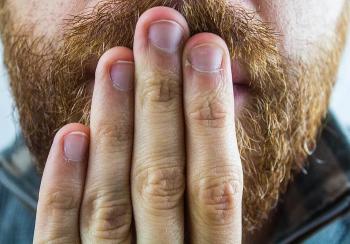
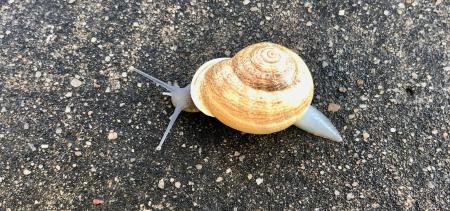

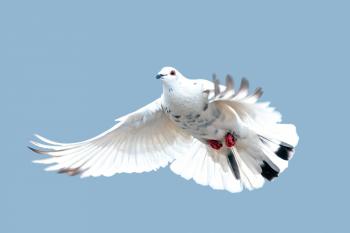


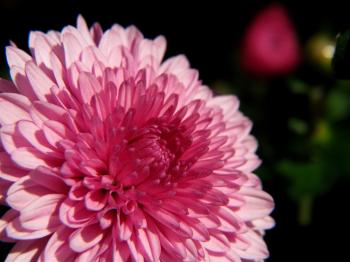
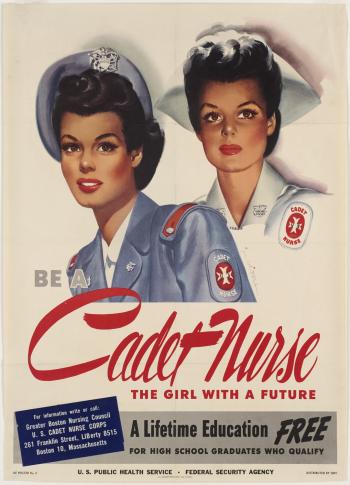





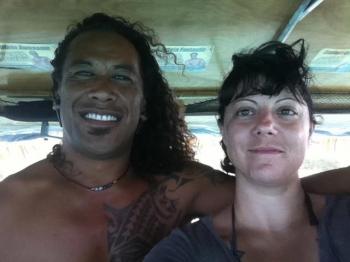
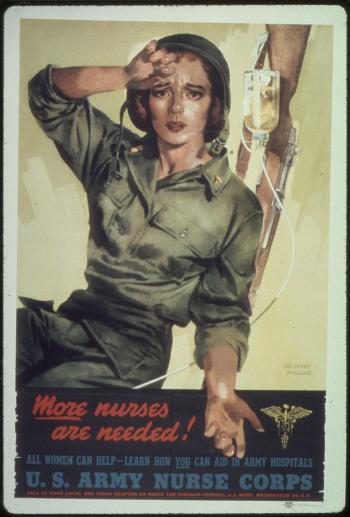
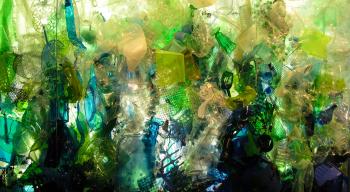
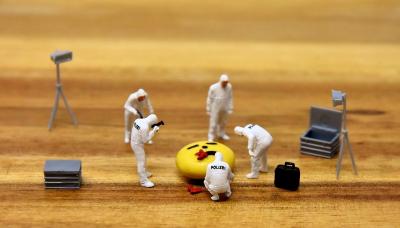
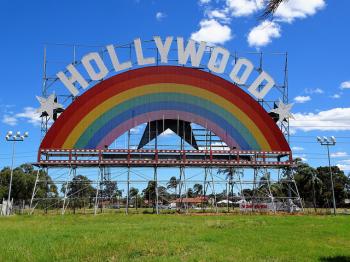
I wonder if there's a way to help them understand.